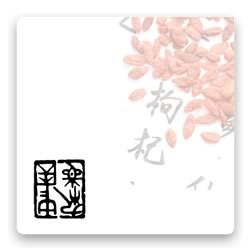We use cookies to make your experience better. To comply with the new e-Privacy directive, we need to ask for your consent to set the cookies. Learn more.
Does Eating a Raw Food Diet Cause Spleen Qi Deficiency?
Did you know?
For the cost of 5 articles (students) or 10 articles (practitioners) you can buy a year's access to the entire Journal of Chinese Medicine article archive.
Studies show that eating a diet high in raw food can be beneficial for health, yet from a traditional Chinese medicine (TCM) perspective such diets are thought to damage the Spleen qi. This article documents a small pilot study that put this notion to the test. Forty one people were recruited - 20 of whom ate a diet high in raw food (over 50 per cent of their food intake) and 20 of whom ate their normal diet - and were assessed over six months. TCM tongue and pulse diagnosis were used together with a questionnaire to assess participants, by a practitioner who was blind to their dietary status. These results were then analysed by another blinded practitioner, who assessed the degree of Spleen qi deficiency in each case. Thirty-five per cent of the raw food group were found to exhibit a pattern of Spleen qi deficiency, compared to 52 per cent of the control group. Those eating the most raw food (91 to 100 per cent of their diet) for the longest period of time (more than five years) had the least evidence of Spleen qi deficiency (11 per cent), which was statistically significant when compared to the control group (P<0.05). It is concluded that a diet high in raw food does not necessarily cause Spleen qi deficiency. However, two distinct physiological patterns were common within the raw food group that warrant further investigation. Also, this was a pilot study with a small number of participants, and thus further research is needed to substantiate such claims.
| Author | Joseph Jennings and Ming Cheng |
|---|---|
| JCM Issue | JCM97-54 |
* Orders shipped outside of Europe are eligible for VAT relief and will not be charged VAT.

